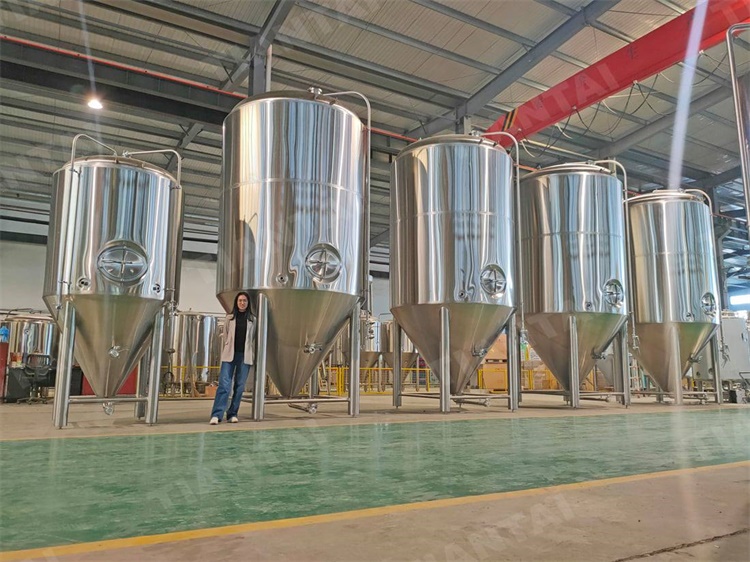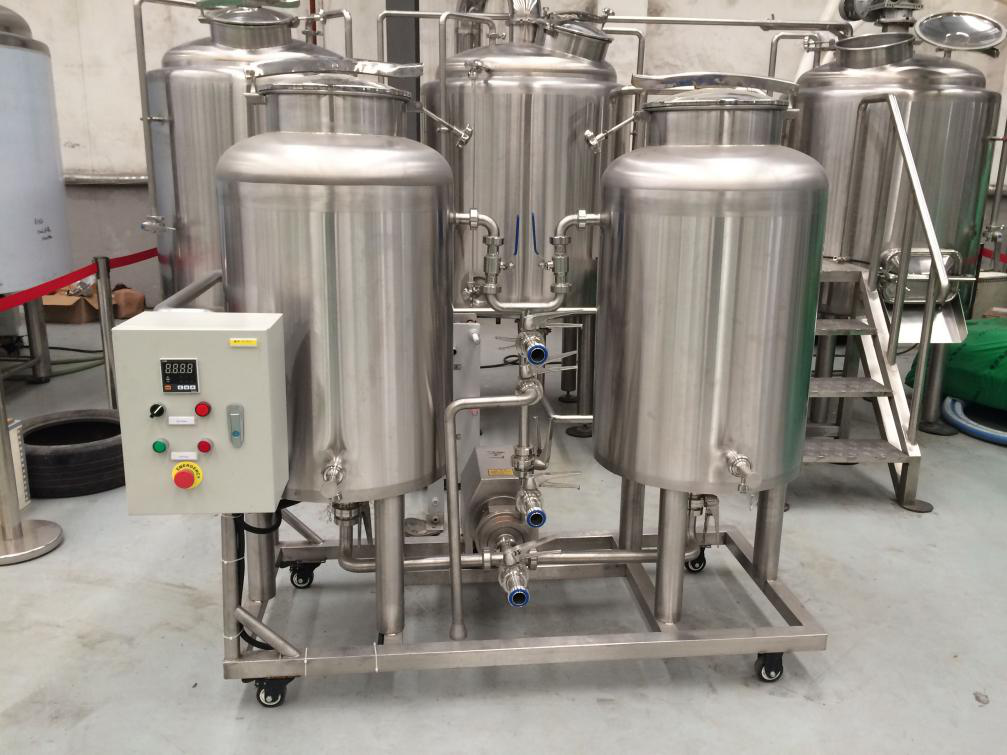What will be included in electricity consumption of brewery equipment?
Electricity consumption is a critical aspect of modern brewery operations. Brewery equipment relies heavily on electrical energy to facilitate various stages of the brewing process, from mashing and boiling to fermentation and packaging. This essay explores the factors that contribute to electricity consumption in brewery equipment, highlighting their significance and potential strategies for optimizing energy usage.1. Brewing Process:
The brewing process involves multiple steps, each requiring electrical energy. Starting with milling the grains, electricity powers the grain mills. During mashing, temperature control is vital, necessitating the use of electric heaters or steam generators. Boiling, another energy-intensive stage, relies on electric heating elements to bring the wort to a rolling boil. Pumps and agitators, essential for mixing and transferring liquids, contribute further to energy consumption.
2. Fermentation:
Fermentation chambers and tanks require temperature control for optimal yeast activity. Electrically powered cooling systems and heaters regulate temperatures, ensuring that the fermentation process proceeds smoothly. Monitoring and maintaining consistent temperatures are critical for producing high-quality beer, but this also adds to energy usage.
3. Refrigeration:
Breweries often require refrigeration for various purposes, including cooling wort after boiling, maintaining cold storage for raw materials, and keeping finished products at appropriate temperatures. Refrigeration units, compressors, and fans are powered electrically and contribute significantly to overall consumption.
.jpg)
4. Cleaning and Packaging:
Maintaining cleanliness and hygiene in a brewery is paramount. Cleaning and sterilizing equipment, tanks, and pipelines require hot water, steam, and cleaning agents – all of which are electrically powered. Packaging activities such as filling, labeling, and capping also involve machinery that consumes electricity.
5. Lighting and Infrastructure:
Brewery facilities need proper lighting for safety and efficiency. Additionally, administrative areas, offices, and visitor spaces demand electricity for lighting, air conditioning, and other electrical needs.
In conclusion, electricity consumption is a significant consideration in brewery operations. Every stage of the brewing process, from mashing to packaging, relies on electrical energy. Implementing energy-efficient practices and technologies can not only reduce operational costs but also contribute to a more sustainable brewing industry by minimizing the environmental footprint of electricity consumption.
Edited by Vincent
Email: [email protected]




.jpg)

Get In Touch